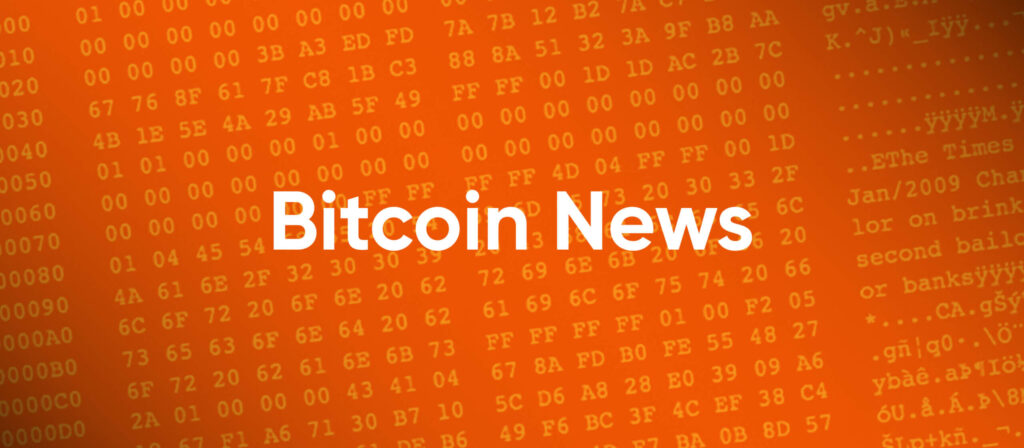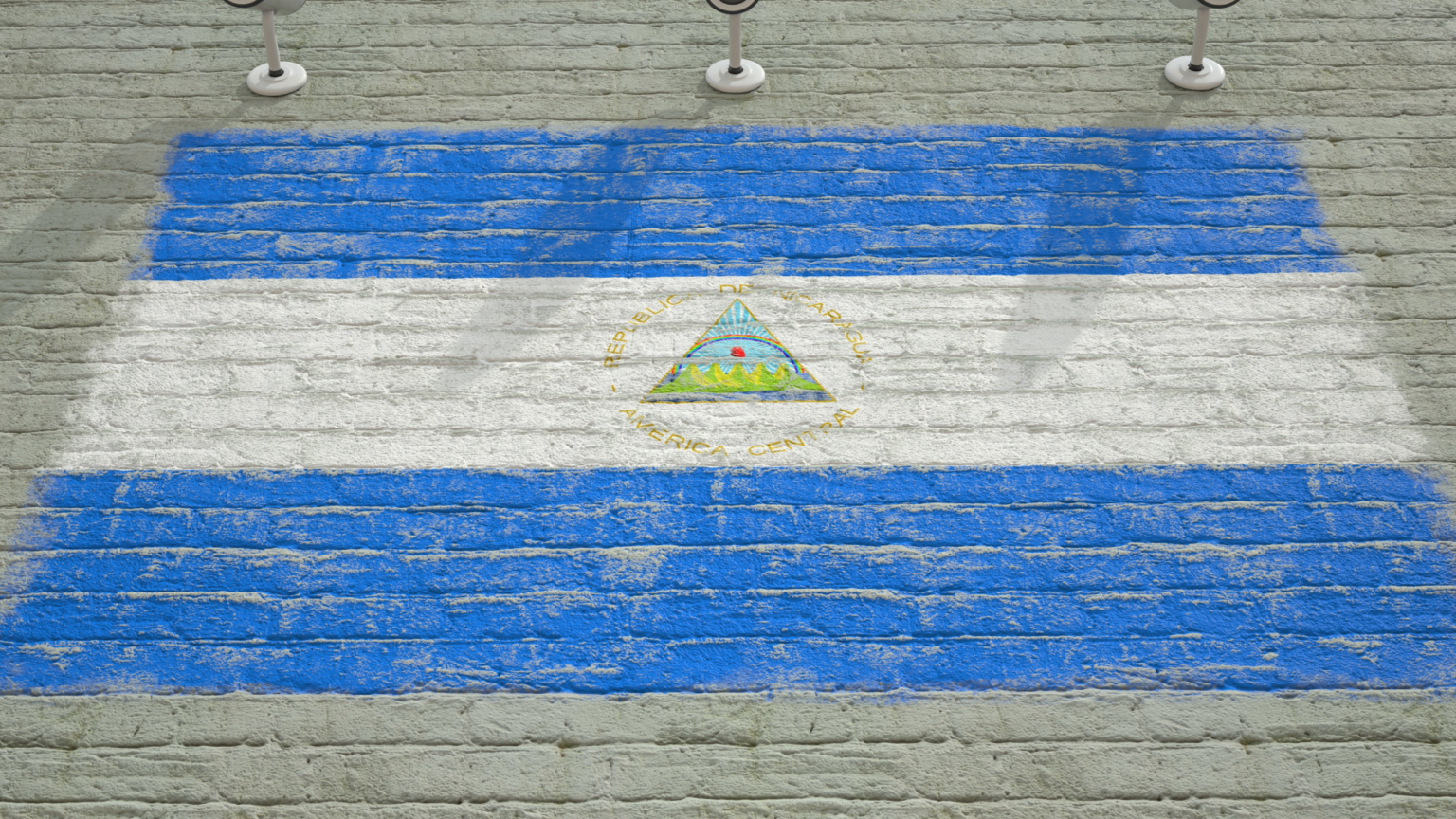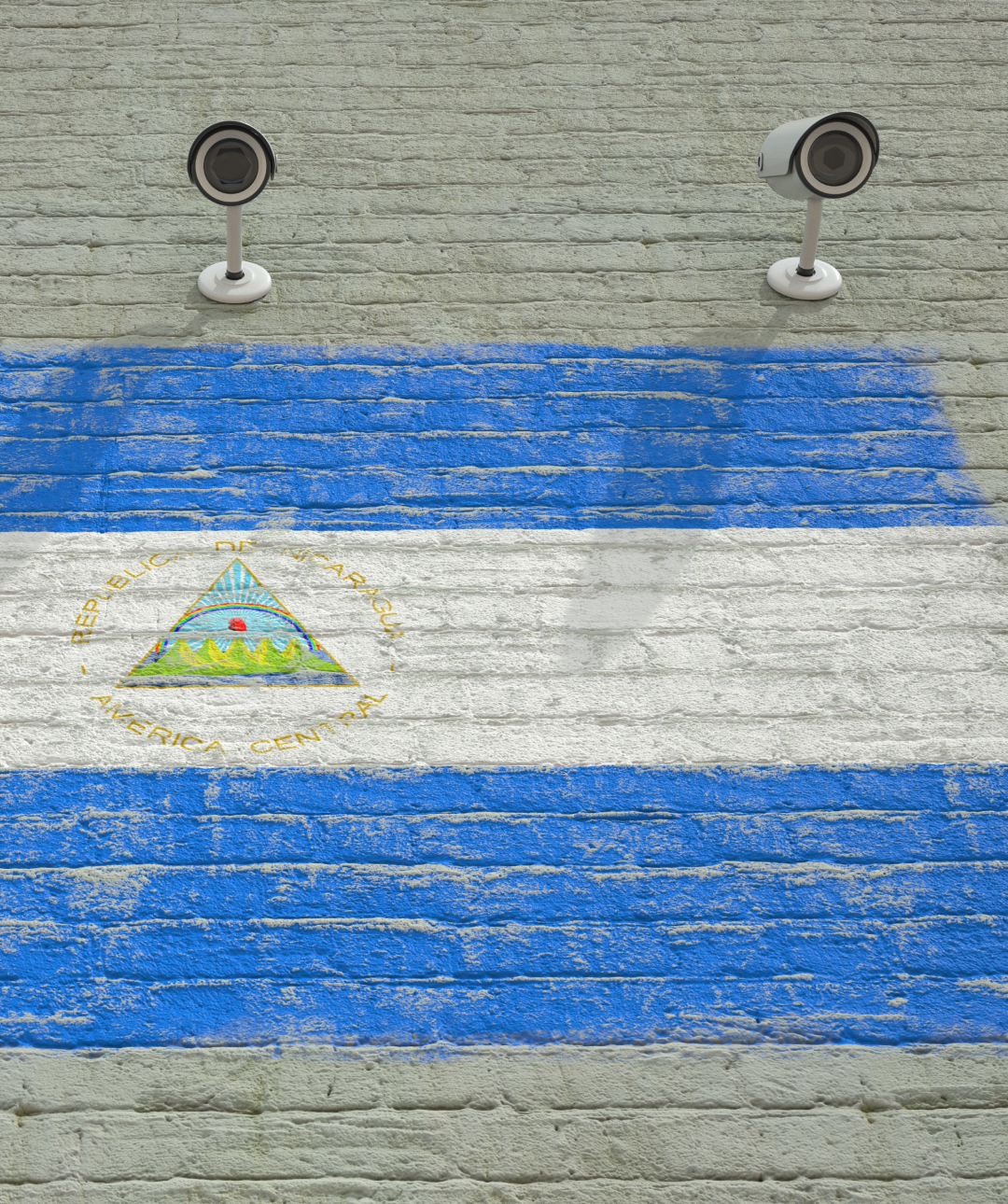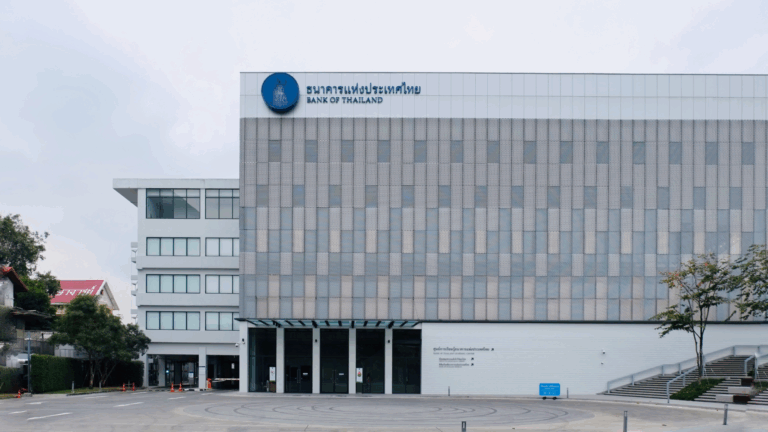The Financial Freedom Report is a newsletter focusing on how currency plays a key role in the civil liberties and human rights struggles of those living under authoritarian regimes. We also spotlight new tools and applications that can help individuals protect their financial freedom.
Good morning, readers!
In Nicaragua, the regime is increasingly cracking down on civil society, imposing new financial regulations on non-governmental organizations (NGOs) that require them to disclose donors and report all financial transactions — further restricting their ability to operate independently. Meanwhile, in Iraq, the central bank governor announced plans to introduce a central bank digital currency (CBDC) to replace cash in circulation. CBDCs are a mechanism for using digital currencies to centralize financial control.
In freedom tech news, Alby Go, a mobile Bitcoin Lightning wallet, added support for Pick n Pay QR codes, making it easier for South Africans to pay with Bitcoin at one of the country’s largest retailers. Additionally, Bitcoin Safe, an open-source Bitcoin wallet designed to simplify self-custody, introduced support for Burmese and Korean Languages, making the wallet more accessible to activists, dissidents, and individuals in these regions.
We end with a new discussion from 21st Capital, where Alex Gladstein, Chief Strategy Officer at HRF, joins Ziya Sadr, an Iranian activist and Bitcoin educator, to explore Bitcoin’s role in fighting financial repression and advancing global freedom. Sadr, who was detained by the Iranian regime during the Mahsa Amini protests, shares a sobering account of authoritarian control and the ways Bitcoin can help alleviate these struggles.
Now, let’s get right to it!

Nicaragua | Increases Financial Surveillance of NGOs
Nicaragua’s dictator, Daniel Ortega, intensified his crackdown on civil society with two new regulations that significantly increase the Ministry of the Interior’s (MINT) authority over national and foreign NGOs. The new regulations require NGOs to submit financial documentation, disclose their donors, and report all financial transactions. Using this information, authorities can now classify organizations as “threats,” conduct surprise inspections, impose sanctions, seize assets, and force closure. These regulations, framed as efforts to combat “digital terrorism,” intensify state surveillance and control and are a continuation of the regime’s systematic use of financial repression to silence dissent. This year alone, Ortega shut down 15 NGOs, and since 2021, he has closed over 5,600.
El Salvador | IMF Approves 1.4 Billion Loan With Further Restrictions
The International Monetary Fund (IMF) has officially approved its $1.4 billion loan to El Salvador while reinforcing even stricter limits on Bitcoin. This comes after last month’s legal reforms that made Bitcoin acceptance voluntary and prohibited its use for tax payments. The finalized deal, which grants an immediate $113 million disbursement, confines “government engagement in Bitcoin-related economic activities, as well as government transactions in and purchases of Bitcoin.” Despite these constraints, President Bukele has continued to flaunt Bitcoin purchases on social media, leaving many questions unanswered. Where does this bitcoin come from? Who controls the wallets? The lack of transparency remains.
Iraq | Issuing CBDC to Replace Cash
Iraq’s central bank governor, Ali Al-Allaq, announced that “the Iraqi central bank is now moving to create its own digital currency which will gradually replace paper notes.” Al-Allaq highlighted that this move aligns with broader “radical” changes in the global financial system. This news comes after Iraq banned all digital assets in 2017, citing concerns over financial crime and terrorism. Yet, its embrace of a CBDC over decentralized currencies like Bitcoin highlights a familiar pattern. China, Nigeria, and Russia have also pushed for CBDCs while restricting Bitcoin. Evidently, authoritarian regimes prefer financial control to remain in their own hands rather than risk empowering the public.
Nigeria | Frees Tigran Gambaryan in Exchange for Greater Financial Surveillance
In October 2024, Nigeria released Tigran Gambaryan, a former Binance executive accused of money laundering and contributing to the naira’s devaluation — though, in reality, he was a scapegoat for the regime’s economic mismanagement. According to The Rage, his release was secured through a deal with the US to help Nigeria prosecute “cryptocurrency and financial crimes.” Soon after, the two countries announced the creation of a “Bilateral Liaison Group on Illicit Finance and Cryptocurrencies” to expand Nigeria’s surveillance capabilities and “pursue cybercrime investigations and prosecutions.” Gambaryan, who described his prison conditions as “torture,” now faces an unsettling reality: his freedom may have come at the cost of strengthening an authoritarian regime notorious for its financial repression.
Turkey | X Blocks Accounts of Three Journalists at Regimes Request
X recently blocked the accounts of three Kurdish journalists in Turkey — Abdurrahman Gök, Oktay Candemir, and Ruşen Takva — following a Turkish government request citing concerns over “national security.” The journalists, known for exposing government corruption and reporting on Kurdish issues, now join a growing list of silenced Turkish reporters. This comes as Turkey intensifies its crackdown on independent media through arrests, legal pressure, and censorship. With 95% of media outlets in Turkey complying with the regime, social platforms remain one of the last places for free expression. Yet, as X and other platforms increasingly comply with authoritarian demands, access to independent information shrinks. This escalating repression underscores the need for censorship-resistant alternatives like nostr, where government pressure or corporate compliance cannot easily suppress speech.
Webinar Series for Nonprofits: Become Unstoppable
HRF will host a free, three-day webinar from March 17–19, teaching human rights defenders and nonprofits how to use Bitcoin to counter state censorship and confiscation. Sessions run daily from 10:30 a.m. to 12:00 p.m. EDT and are beginner-friendly. The webinar will be led by Anna Chekhovich, HRF’s Bitcoin nonprofit adoption lead and financial manager at Alexei Navalny’s Anti-Corruption Foundation.
SXSW | The Human Rights Risks of Central Bank Digital Currencies (CBDCs)
Join HRF at SXSW 2025 in Austin from March 7–13 to explore how CBDCs threaten financial freedom. Experts Roger Huang, Charlene Fadirepo, and Nick Anthony will discuss how authoritarian regimes use CBDCs for surveillance and control. Attendees can also visit HRF’s CBDC Tracker booth to explore an interactive map of CBDC developments worldwide.

Nostr Wallet Connect | Introduces Pull Request for On-Chain Send and Receive
Nostr Wallet Connect (NWC), a protocol that connects Bitcoin Lightning wallets and applications, is developing a potential upgrade: support for on-chain Bitcoin transactions. Currently, NWC is designed for Lightning transactions. This new update would allow users to also send and receive on-chain Bitcoin transactions, which are slower and less private, but more secure with higher send and receive limits. This means users and apps can more easily move funds between Lightning and regular Bitcoin wallets, making NWC more practical and flexible. This upgrade enhances financial resilience for dissidents and activists by providing a more secure and flexible way to store and move Bitcoin.
Bitcoin Safe | Adds Support for Burmese and Korean Languages
Bitcoin Safe, an open-source Bitcoin wallet designed to make self-custody simple — even for non-technical users — introduced support for Burmese and Korean Languages. This support makes the wallet more accessible to activists, dissidents, and individuals in these regions, empowering them with uncensorable and unseizable money. Bitcoin Safe guides users through the entire setup process, offering step-by-step instructions for single-signature wallets (where one private key controls your Bitcoin) and multisignature wallets (which require multiple private keys for added security). By breaking down barriers to Bitcoin self-custody, Bitcoin Safe is making financial freedom accessible to those who need it most.
Frostr | Turn Your Nostr Private Key into a Rotatable Multisig
Frostr is an experimental new tool that adds a layer of security to a user’s nostr private key by splitting it into multiple parts. Instead of using a single key, Frostr divides the key into shares, requiring a subset of these shares to sign messages on nostr. This offers two key benefits. First, greater security; even if one share is lost or stolen, a user’s full key remains secret and in their control. Second, flexible key rotation; users can replace or update shares of the key without changing their digital identity. This is an important advancement for activists, journalists, and human rights defenders. Many authoritarian regimes track, censor, and punish those who speak freely. If an activist’s private key is compromised, their digital identity and safety could be at risk. Frostr removes this single point of failure and empowers users to communicate freely, securely, and flexibly, even in hostile environments.
Alby Go | Integrates Pick n Pay QRs for Bitcoin Payments in South Africa
Alby Go, a mobile Bitcoin Lightning wallet, added support for Pick n Pay QR codes, making it easier for South Africans to pay with Bitcoin at one of the country’s largest retailers. The update also integrates BTC map, offering users a detailed directory of merchants that accept Bitcoin. These changes make everyday Bitcoin payments more practical, expand access to businesses that accept Bitcoin, and give South Africans an alternative to the country’s unstable financial system and currency.
bitcoin++ | Announces Freedom and Privacy Edition
bitcoin++, a bitcoin-only developer conference series, is set to return on August 7-8, 2025, with a dedicated focus on freedom and privacy. Taking place in Riga, Latvia the event will bring together privacy advocates, developers, and freedom tech enthusiasts to explore the latest developments in privacy tech, censorship resistance, and open-source development on Bitcoin. Learn more and get your tickets here.
RECOMMENDED CONTENT
Bitcoin’s Potential to Revolutionize Freedom with Alex Gladstein
In this episode of 21st Capital, Alex Gladstein, Chief Strategy Officer at HRF, sits down with Ziya Sadr, an Iranian activist and Bitcoin educator, to discuss Bitcoin’s role in fighting financial repression and advancing global freedom. Ziya helped build Iran’s Farsi-speaking Bitcoin community, created educational content on privacy, and contributed to open-source translation projects. He was later detained by the Iranian regime during the Mahsa Amini protests. During the discussion, Gladstein highlights stories of individuals escaping authoritarian control, accessing global markets, and securing their wealth through Bitcoin. Watch here to learn how Bitcoin is a tool for human rights.
– If this email was forwarded to you and you enjoyed reading it, please consider subscribing to the Financial Freedom Report here.
– Support the newsletter by donating bitcoin to HRF’s Financial Freedom program via BTCPay.
– Want to contribute to the newsletter? Submit tips, stories, news, and ideas by emailing [email protected].
– The Bitcoin Development Fund (BDF) is accepting grant proposals on an ongoing basis. The Bitcoin Development Fund is looking to support Bitcoin developers, community builders, and educators. Submit proposals here.







